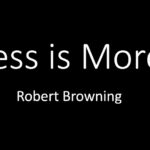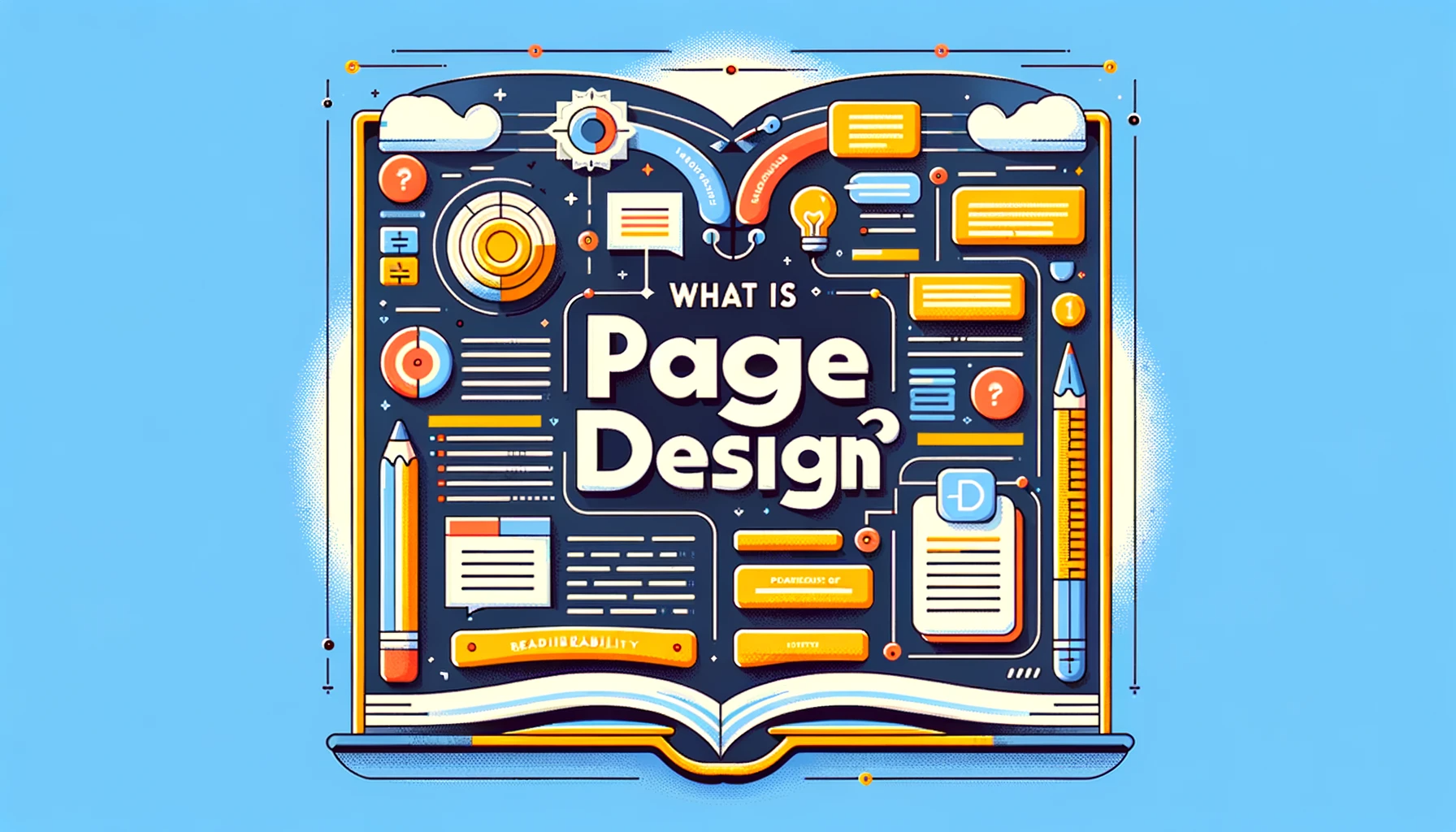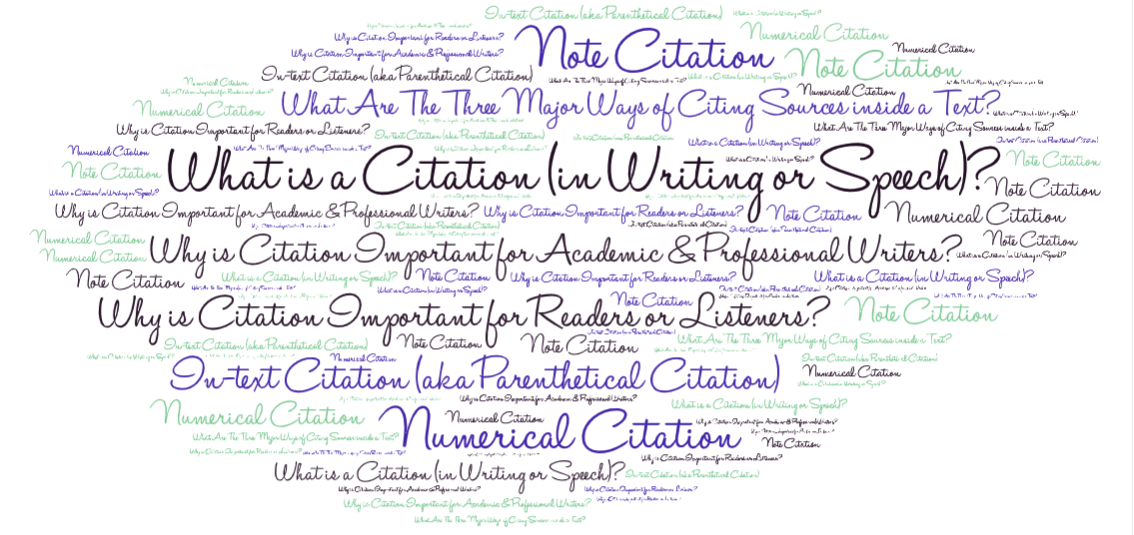
Information architecture refers to
- the ordering of information into a structure that helps readers, listeners, users understand
- what the information is and how it can be accessed (information literacy practices and perspectives)
- the meta tagging and archiving of information so users and bots can find it during search and understand what it is they’ve found–how it’s useful, significant or related to other information.
- web site design and interoperability standards of applications with other software tools.
Effective information architecture is crucial because it helps you as a user have a smoother, more efficient experience finding the information you need. On websites like Writing Commons, well-organized content and easy navigation can make the difference between a frustrating and a rewarding visit.
Synonyms
information architecture may be
- efforts to make texts as simple as possible so they are accessible to everyone (aka universal design). Hence, information architecture may be equated with readability or usability matters.
Related Concepts: Deductive Order, Deductive Reasoning; Design Thinking; Inductive Order, Inductive Reasoning; Evidence; Organization; Venture Design.


























